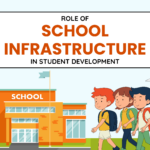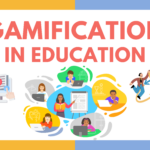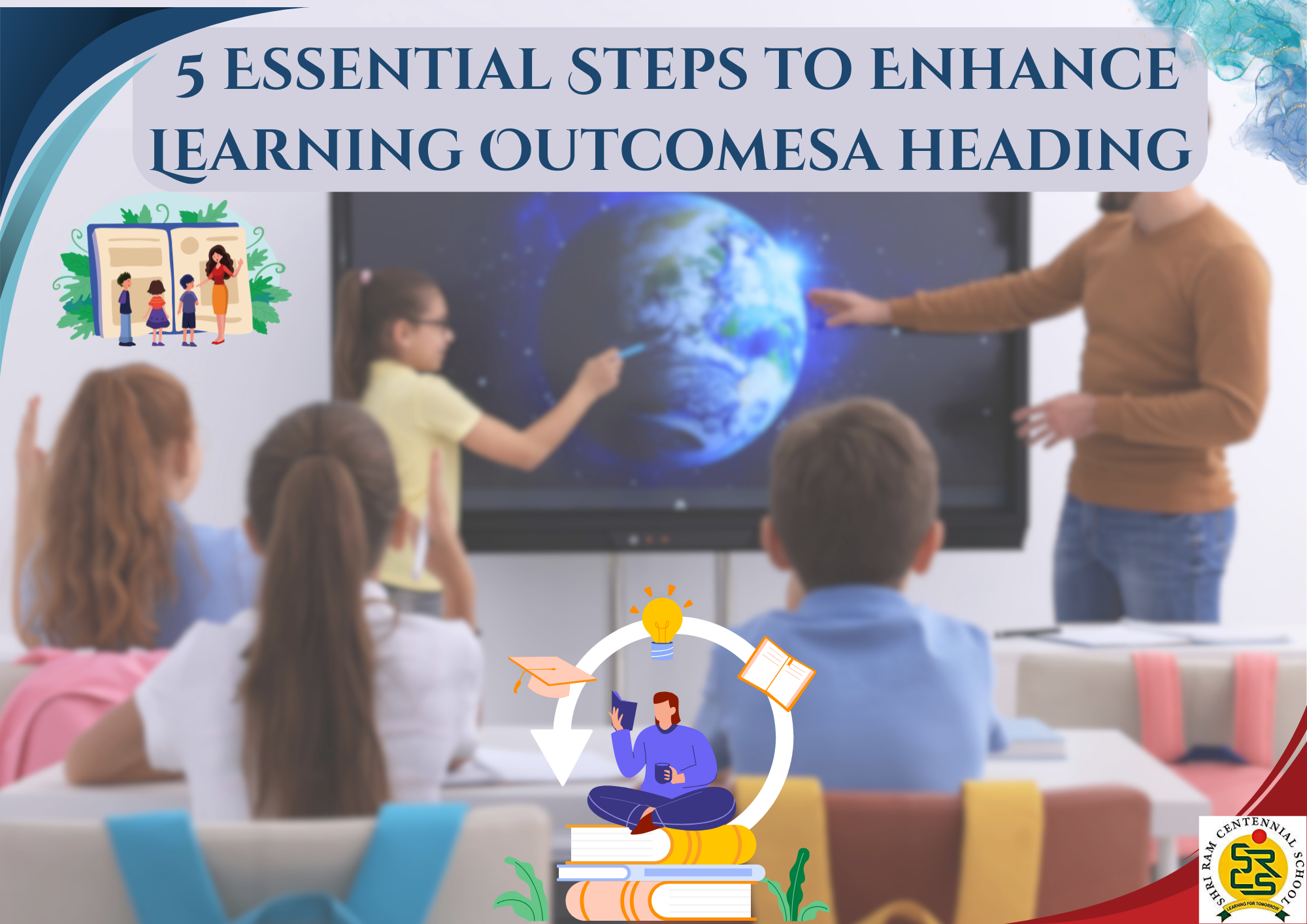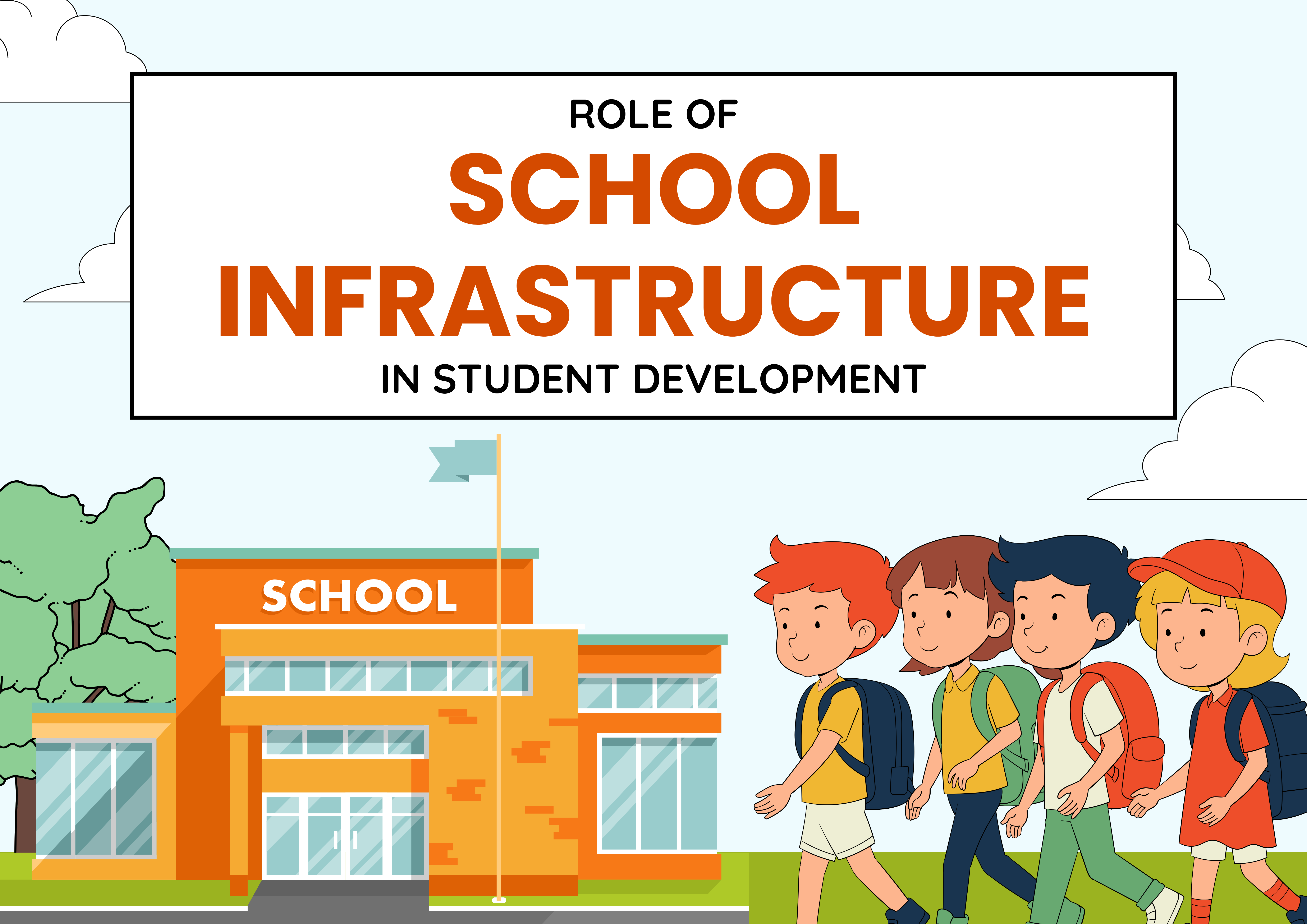In today’s evolving educational landscape, Boarding Schools in Dehradun continue to blend the best of traditional educational systems with modern methodologies to offer a holistic learning experience.
Traditional educational systems, characterized by structured curricula, teacher-centered instruction, and a focus on foundational subjects, have been the backbone of education for centuries.
However, as the demands of the 21st century grow, there is an increasing need for educators to adapt their strategies. This brings us to a crucial aspect of modern education – planning for teachers, which is essential to enhance learning outcomes and foster student success.
What Are Traditional Educational Systems?

Traditional educational systems have long been the foundation of formal education. These systems focus on delivering knowledge through a structured curriculum, emphasizing core subjects such as mathematics, science, and languages.
In this model, teachers play a central role, leading classrooms and guiding students through a predetermined syllabus. Assessments and exams are the primary tools for evaluating student performance, often prioritizing memorization over critical thinking.
While this approach has its merits, including discipline, routine, and a strong emphasis on academic basics, it also faces criticism for its rigidity and limited scope in catering to diverse learning styles.
As educational needs evolve, so too must the strategies employed by teachers, particularly in dynamic environments like Boarding Schools in Dehradun, where a balance between tradition and innovation is key.
Planning for Teachers: 5 Essential Steps to Enhance Learning Outcomes

Effective planning for teachers is critical to improving learning outcomes and ensuring students receive a well-rounded education. Here are five essential steps that teachers can follow to optimize their instructional strategies:
1. Set Clear Objectives
The first step in planning for teachers is to establish clear, measurable objectives for each lesson or unit. These objectives should align with curriculum standards and be tailored to the specific needs of students. Clear goals provide direction and help both teachers and students stay focused on desired outcomes.
For example, in Boarding Schools in Dehradun, where students come from diverse backgrounds, setting clear objectives ensures that all learners have a common understanding of what they are expected to achieve.
2. Design Engaging Lesson Plans
Engaging lesson plans are the cornerstone of effective teaching. Planning for teachers involves creating lessons that are interactive, inclusive, and adaptable.
This includes incorporating a variety of teaching methods, such as group discussions, hands-on activities, and multimedia resources, to cater to different learning styles.
Incorporating technology, especially in progressive environments like Boarding Schools in Dehradun, can further enhance engagement and make learning more dynamic.
Teachers should aim to create lessons that not only convey information but also inspire curiosity and critical thinking.
3. Utilize Assessment Tools
Assessment is a vital component of the teaching process. Effective planning for teachers includes the use of diverse assessment tools to gauge student understanding and progress.
Formative assessments, such as quizzes and class participation, provide immediate feedback, while summative assessments, like exams and projects, evaluate cumulative knowledge.
In the context of Boarding Schools in Dehradun, where academic excellence is a priority, utilizing a mix of traditional and modern assessment methods can help in accurately measuring student performance and identifying areas for improvement.
4. Provide Constructive Feedback
Feedback is crucial for student growth. As part of their planning for teachers, educators should focus on providing timely and constructive feedback that guides students toward improvement. Feedback should be specific, actionable, and delivered in a supportive manner.
In environments like Boarding Schools in Dehradun, where students often reside on campus, teachers have the unique opportunity to build strong relationships with students, making feedback a continuous and integral part of the learning process.
5. Reflect and Adapt
Continuous reflection and adaptation are essential for effective teaching. Planning for teachers should include regular self-assessment and the willingness to modify instructional strategies based on student needs and feedback.
This reflective practice ensures that teaching remains relevant and impactful.
In the ever-evolving educational landscape of Boarding Schools in Dehradun, teachers who embrace flexibility and innovation are better equipped to meet the challenges of modern education and drive positive learning outcomes.
The Importance of Planning for Teachers in Boarding Schools
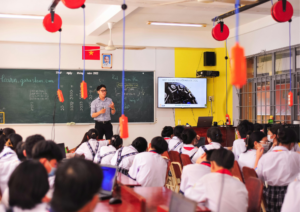
Boarding Schools in Dehradun exemplify how thoughtful and strategic planning for teachers can enhance the overall educational experience. These institutions often serve diverse student populations, requiring a tailored approach to teaching that respects both the traditions of the past and the demands of the future. By focusing on effective planning, teachers in these schools can create a nurturing and stimulating environment that supports academic excellence and personal growth.
Conclusion
In conclusion, planning for teachers is a critical element in the pursuit of improved learning outcomes. By setting clear objectives, designing engaging lessons, utilizing assessment tools, providing constructive feedback, and reflecting on their practices, teachers can significantly enhance their effectiveness and positively impact student success.
In the context of Boarding Schools in Dehradun, where educational excellence is a hallmark, effective teacher planning is instrumental in delivering a well-rounded, impactful education. As the educational landscape continues to evolve, the importance of thoughtful and strategic planning cannot be overstated.
Parents and students alike should recognize and appreciate the role of teachers who invest time and effort into their planning, ensuring that every student has the opportunity to thrive in an ever-changing world.

